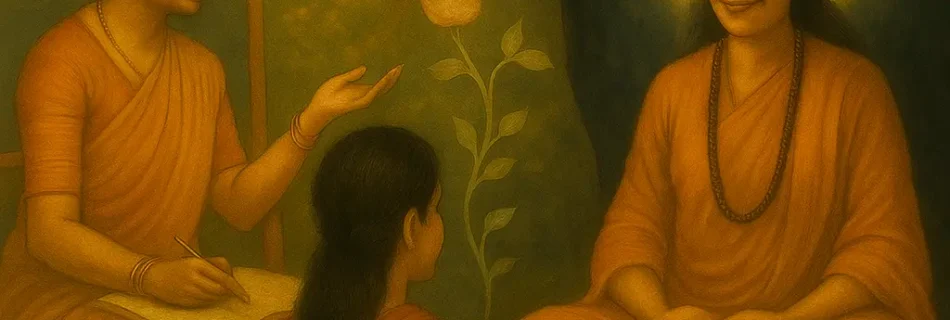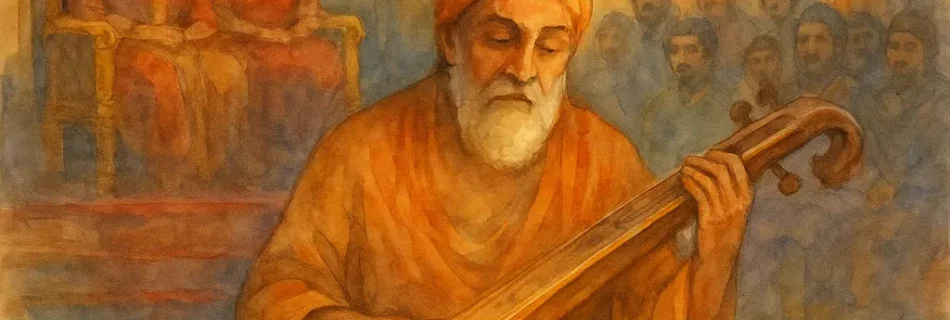A Seeker’s Journey – Teacher vs Guru
गुरु बनाम शिक्षक मेरे मन में हमेशा से सवाल रहे हैं… जीवन को लेकर, खुद को लेकर, और इस सफ़र को लेकर जिसमें मैं बढ़ रही हूँ। कोई कहता है – ज़्यादा जानो, कोई कहता है – ज़्यादा महसूस करो। लेकिन दिल के किसी कोने में मैं बस यही सोचती हूँ… मुझे वास्तव में रास्ता …




